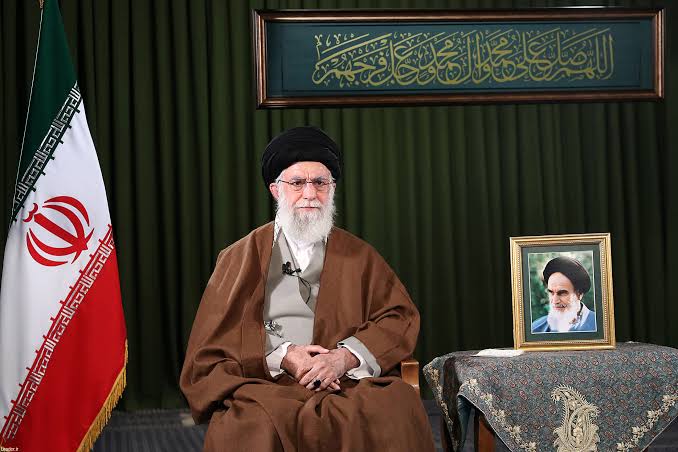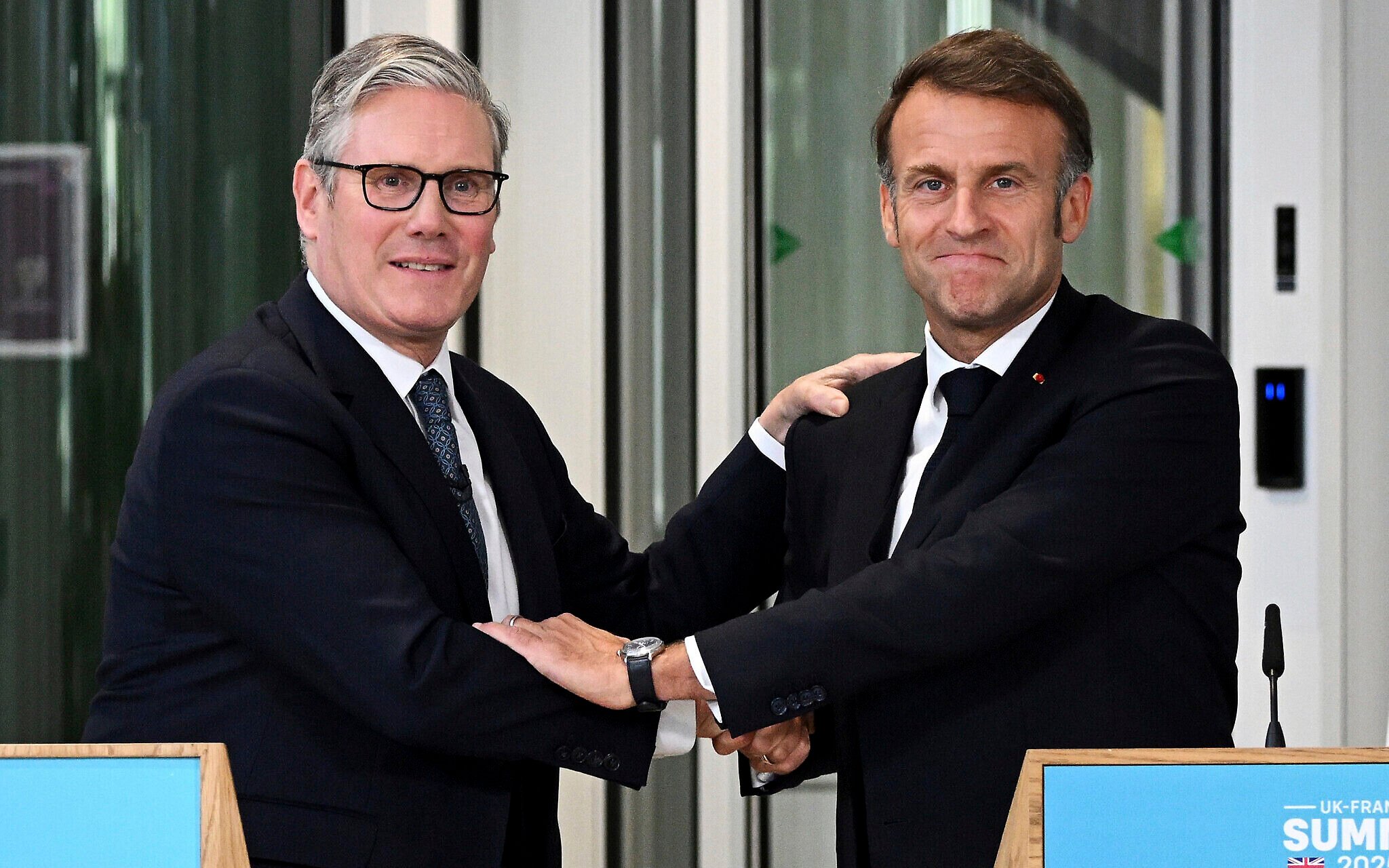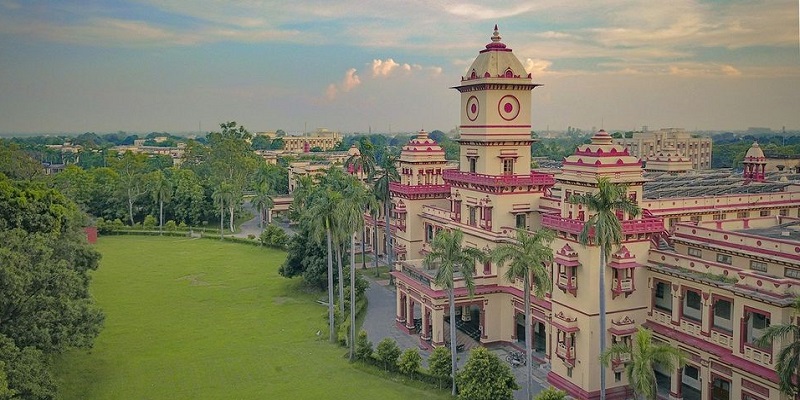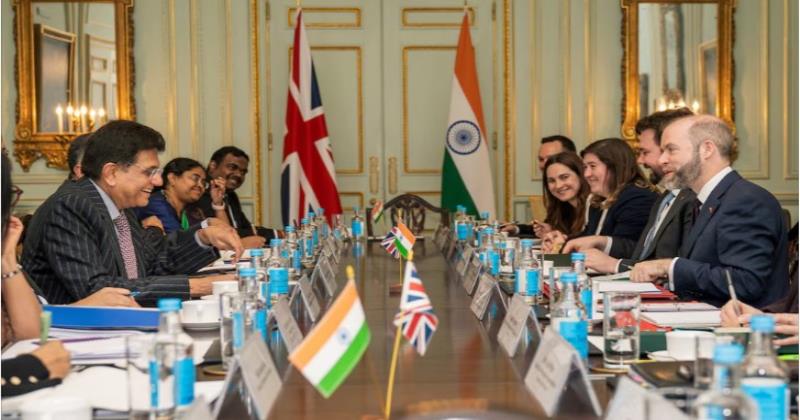Iran’s Supreme Leader Stands Firm and Defiant

In a moment of profound geopolitical tension, Iran’s Supreme Leader, Ayatollah Ali Khamenei, has emerged as a symbol of resistance against Israel’s aggressive military campaign, launched on June 13, 2025. As Israeli airstrikes targeted Iran’s nuclear facilities and military leadership, Khamenei’s unyielding resolve has galvanised a nation under siege. His refusal to bow to U.S. President Donald Trump’s demand for “unconditional surrender” underscores a broader struggle against what many in Iran perceive as a hegemonic axis led by Israel and its Western allies. This article examines Khamenei’s pivotal role in rallying Iran’s defence, navigating a precarious international landscape, and standing as a beacon of defiance amid existential threats.
On June 18, 2025, Ayatollah Ali Khamenei delivered a powerful message to the world, broadcast live on Iranian state television by a presenter. From an undisclosed location, his words resonated with steely determination: “Intelligent people who know Iran, the Iranian nation, and its history will never speak to this nation in threatening language because the Iranian nation will not surrender.” This statement, his first public address since Israel’s surprise attack, was a direct rebuttal to Trump’s call for capitulation, signalling Iran’s refusal to yield under pressure.
Khamenei’s warning to the United States was equally resolute: “The Americans should know that any U.S. military intervention will undoubtedly be accompanied by irreparable damage.”
This stark message reflects Iran’s readiness to escalate its defence, even as it faces a militarily superior adversary backed by the world’s most powerful nation. His defiance has struck a chord domestically, uniting Iranians in what many see as a “rally around the flag” moment, despite internal divisions over his leadership in less turbulent times.
The Context of Israel’s Assault
Israel’s attack on June 13, 2025, marked a dramatic escalation in the long-standing shadow war between the two nations. Targeting Iran’s nuclear facilities, including the Natanz enrichment plant, and assassinating key military figures like General Hossein Salami and Mohammad Bagheri, Israel aimed to cripple Iran’s strategic capabilities. The strikes, dubbed “Operation Rising Lion,” were launched just days before a scheduled sixth round of U.S.-Iran nuclear talks in Oman, suggesting a deliberate attempt to derail diplomacy.
Critics argue that Israel’s actions mirror a broader ambition to assert regional dominance, drawing parallels to historical imperialist campaigns. The assault, which killed over 70 people and injured hundreds, has been condemned by Iranian officials as a war crime, with Khamenei accusing Israel of targeting residential areas to maximise civilian suffering. The timing of the attack, when Iran was engaged in negotiations, has fueled accusations that Israel seeks to prevent any détente that might strengthen Tehran’s position.
Khamenei as the Symbol of Ideological Resistance
Despite his controversial domestic policies, Khamenei has emerged as a unifying figure in Iran’s resistance. His leadership, rooted in the legacy of the 1979 Islamic Revolution, embodies a deep mistrust of Western intentions, a stance hardened by decades of sanctions and covert operations against Iran. In this crisis, Khamenei has leveraged his authority to mobilize the nation’s military and civilian resources, appointing new commanders to replace those lost in Israeli strikes and vowing a “harsh response.”
His courage in the face of personal threats is striking. Israeli Prime Minister Benjamin Netanyahu and President Trump have openly mused about assassinating him, with Trump stating, “We know exactly where the so-called ‘Supreme Leader’ is hiding. He is an easy target.” Netanyahu’s defence minister even invoked the fate of Saddam Hussein as a warning. Yet Khamenei remains undeterred, his resolve strengthening Iran’s determination to resist what many view as a fascist-like aggression reminiscent of historical tyrannies.
The Lonely Battle Against a Formidable Axis
Iran’s struggle is marked by its isolation on the global stage. Unlike Israel, which enjoys unwavering U.S. support and endorsements from Western powers like the G7, Iran fights largely alone. Allies like Russia and China have offered rhetorical support but refrained from military backing, wary of confronting the U.S.-led coalition. Iran’s regional proxies, such as Hezbollah and Hamas, have been weakened by prior Israeli campaigns, leaving Tehran to rely on its missile capabilities and internal resilience.
This asymmetry underscores the David-and-Goliath nature of the conflict. Israel’s advanced military, bolstered by U.S. intelligence and weaponry, contrasts sharply with Iran’s strained economy and depleted defences. Yet Khamenei’s leadership has transformed this disparity into a narrative of moral superiority, framing Iran as a victim of imperialist aggression. His fatwa against nuclear weapons, issued in 2003, reinforces Iran’s claim to a peaceful nuclear program, challenging Western narratives of Iranian belligerence.
Khamenei’s defiance carries profound implications for the Middle East and beyond. A prolonged conflict risks destabilising global energy markets, with Iran hinting at disrupting the Strait of Hormuz, a critical oil chokepoint. His rejection of U.S. negotiations, coupled with warnings of “irreparable damage,” signals a readiness to escalate if provoked further. However, some Iranian diplomats have expressed openness to dialogue, suggesting a nuanced strategy of balancing resistance with pragmatism.
For Khamenei, the stakes are existential. A capitulation would undermine the Islamic Republic’s ideological foundation, while a misstep could invite catastrophic retaliation. His inner circle, decimated by Israeli strikes, leaves him reliant on a shrinking pool of advisors, increasing the risk of strategic errors. Yet his ability to maintain national unity, even among critics of his regime, testifies to his enduring influence.
A Turning Point in History
Ayatollah Ali Khamenei’s stand against Israel’s attack represents a defining moment in Iran’s history. His refusal to surrender, despite overwhelming odds, has cast him as a symbol of resistance against perceived imperialist forces. While his domestic policies have drawn criticism, his leadership in this crisis has earned him widespread admiration, even from detractors.
As the conflict unfolds, Khamenei’s role will shape not only Iran’s fate but also the broader Middle Eastern landscape. His defiance challenges the narrative of Western invincibility, inspiring those who see Iran’s struggle as a fight against global hegemony. Whether this resistance leads to victory, negotiation, or further devastation remains uncertain, but Khamenei’s resolve ensures that Iran will not go quietly into the night.
(Author, a regular EW columnist, formerly served as a history professor at St. Xavier’s College, Mumbai.)

 1 month, 1 week ago
1 month, 1 week ago











[[comment.comment_text]]